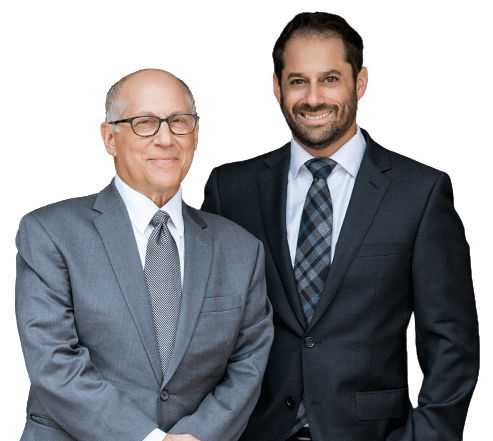
In simplistic terms, workers’ compensation was created to financially protect employees who suffer injuries on the job, including thosethat cause the employee to miss work because of those injuries. These types of injuries vary quite a bit due to the nature of the work, where the employee is working, and even weather conditions. Here are some injuries typically covered by workers’ compensation, as well as some of the most common workers’ compensation benefits received.
Common Injuries Typically Covered by Workers’ Compensation
Serious or traumatic physical injuries: Physical injuries can be caused by a variety of incidents or accidents. The most common causes for serious or traumatic injuries in the workplace include the following:
- Motor vehicle accidents
- Falling, slipping or tripping
- Injuries sustained from the use of equipment or machinery
- Exposure to harmful substances or other elements
- Fire or explosion related injuries
- Being stuck by an object
Cumulative trauma injuries: These injuries aren’t immediate like traumatic injuries – they happen over time and occur from repetitive motion(s) or overuse of certain body parts like hands, shoulders, back and knees. Carpal tunnel syndrome and degenerative disease in discs and joints are two common forms of cumulative trauma injuries.
Psychological injuries: Severe physical injuries can lead to subsequent psychological injuries or conditions. In order for a psychological condition to be approved by workers’ compensation, the psychological condition must arise out of the physical injuries (In Ohio, you cannot have a workers’ compensation claim for a psychological injury without a physical injury). Common psychological conditions that can occur include depression, anxiety, post-traumatic stress disorder (PTSD), and other mental health issues stemming from physical injuries sustained while working.
Occupational diseases: This category covers illnesses or diseases that employees develop over a period of time from on-the-job exposure. A common example that some retired workers deal with today is black lung disease from breathing in harmful substances.
Common Types of Workers’ Compensation Benefits
- Permanent or temporary disability benefits – These benefits help to replace lost income or wages due to missing work because of the injuries that an employee is suffering from.
- Hospital bills or medical care/rehabilitation – Hospital bills can add up quickly and be very expensive, but bills should be covered for at-work injuries. Employees are entitled to receive treatment and rehabilitation for their at-work injuries. This includes medication, emergency room, office visits, testing, physical therapy, surgery and hospitalizations.
- Death benefits – Deaths due to workplace accidents can not only be mentally and emotionally difficult for families but can also create a financial hardship. Death benefits from workers’ compensation claims can help to replace lost wages from the family member who passed away.
- Other benefits – There are a multitude of other benefits an injured worker may be entitled to, including: Permanent partial disability awards, wage loss (wage decrease due to the injuries sustained), lump sum settlements and more.
What You Should Do Before You File a Claim
Workers’ compensation claims can be very confusing to the everyday employee. It’s recommended that you timely seek legal representation with a lawyer who specializes in workers’ compensation. They will be able to help you manage your claim and maximize the benefits to which you are entitled.
About the author: Brandon Duber, a Partner with Bentoff & Duber Co., LPA, is a lawyer with proven experience in the courtroom and expertise in the areas of workers’ compensation, criminal defense, personal injury and medical malpractice law. He received his B.A. from Skidmore College in Saratoga Springs, NY and his J.D. from The Case Western Reserve University School of Law in Cleveland, OH.

